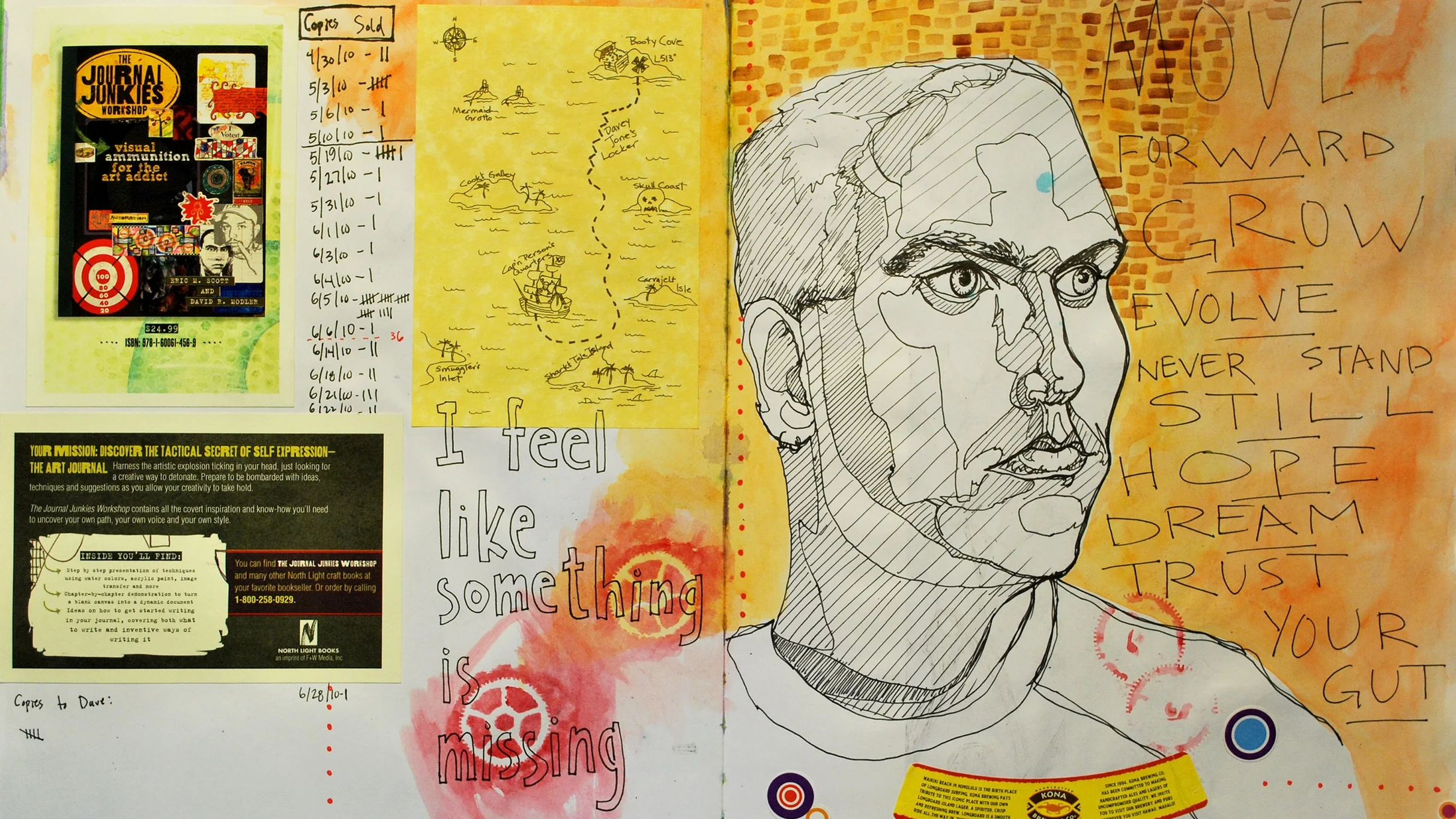Contemporary life is hectic, and keeping up with the household chores, the responsibilities of work, the emails, the social networks, the text messages, and the phone calls can quickly bury you under a pile of to-dos and must-dos. Take time to reflect on the organization of your life. Think about everything from your mundane, daily routines to you big, special hopes and dreams.
How do you get things done? In what ways do you keep yourself organized (or even disorganized) physically, socially, mentally, emotionally, and spiritually? What routines and rituals do you use in your daily life to make certain that everything that needs to get done does get done? How do you tackle your daily tasks and plan for those rare and special occasions? When do you throw your plans out the window, and when do you stick steadfast to them?
Reflect on one specific aspect or think about it all in general terms.
As always make certain to leave a link to your response in the comments, and remember that it’s ok to show a work in progress or to simple post a written response.




